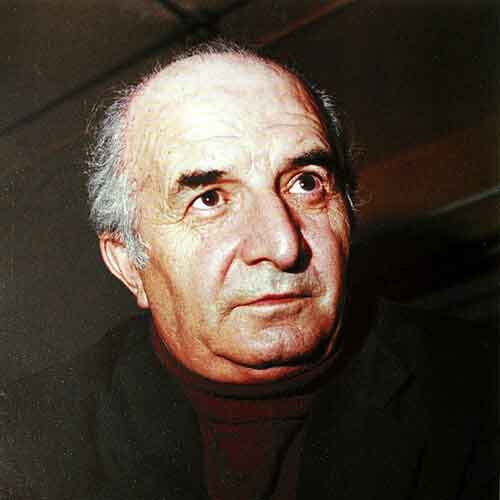Vahagn Davtyan (Վահագն Դավթյան, 1922–1996) was a distinguished Armenian poet, essayist, translator, and cultural figure. His literary contributions spanned poetry, criticism, and translations, and he played a significant role in shaping the Armenian literary landscape during the Soviet era.
Early Life and Education
Davtyan was born on September 15, 1922, in the city of Vanadzor (then Kirovakan), Armenia. From an early age, he showed talent in literature and pursued studies in philology at Yerevan State University, graduating in 1945.
Literary Career
Davtyan’s literary debut came in the 1940s, and he quickly gained recognition for his mastery of language and sensitivity to the human condition. He authored numerous collections of poetry, where themes of love, patriotism, morality, and human resilience were central.
He was also a noted translator, bringing into Armenian the works of Russian, Georgian, and European poets, thus enriching Armenian literature and creating bridges with other cultures.
Some of his notable works include:
- Book of Love (Սիրո գիրք)
- The Voice of the Homeland
- Selected Poems (several volumes)
Public Role
Beyond literature, Davtyan was deeply engaged in Armenia’s cultural and social life. He was a member of the Union of Writers of Armenia and eventually served as its Secretary, playing an influential role in supporting writers and preserving Armenian literary traditions during the Soviet period.
Legacy
Vahagn Davtyan passed away on December 21, 1996, in Yerevan. He is buried at the Komitas Pantheon, where Armenia’s greatest cultural and literary figures rest.
Today, Davtyan is remembered as a poet of conscience and emotion, whose works blended personal lyricism with national ideals. His translations remain valuable contributions to Armenian literature, and his poetry continues to be read by students and lovers of Armenian verse.

